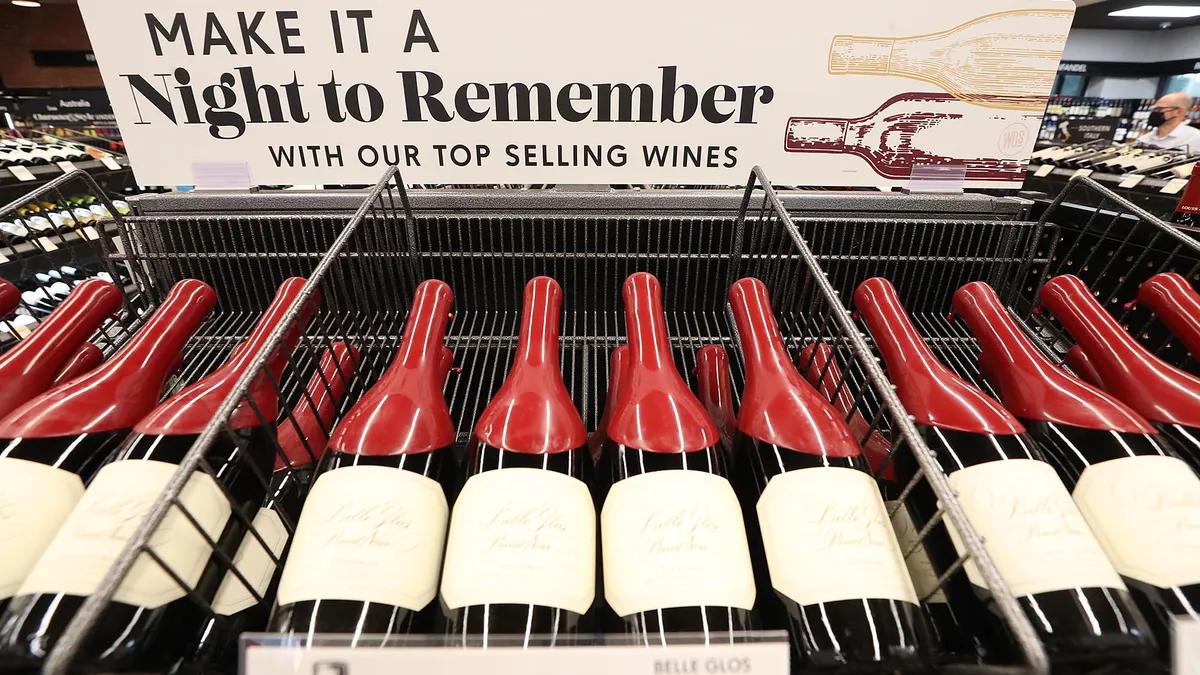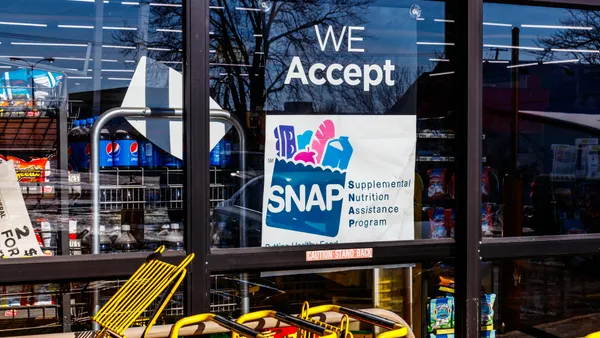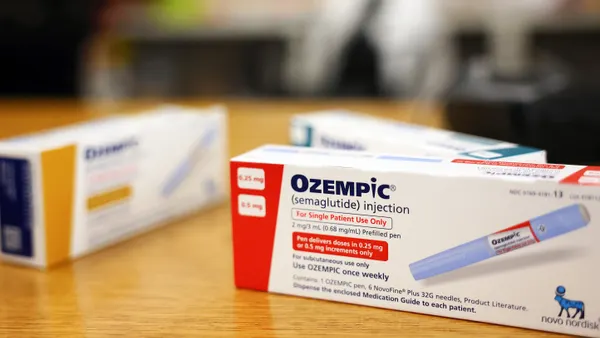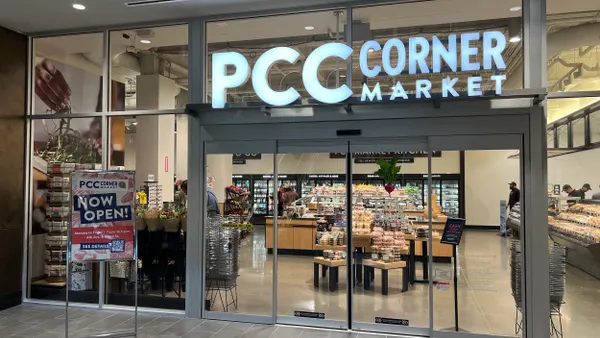As grocers fight for expanded alcohol sales in several states, the liquor industry has long claimed that allowing supermarkets to sell more of those products would reduce liquor store sales and even lead to closures of mom-and-pop liquor stores.
But a new report from FMI — The Food Industry Association looking at Tennessee, which adopted a policy in 2016 allowing grocery stores to sell wine, indicates that liquor stores did not see a statistically significant increase in closures and that state sales tax revenues increased due to grocery store wine sales.
The research, conducted by Dr. Vincenzina Caputo and two PhD students at Michigan State University with data analysis comments from Dr. Achilleas Vassilopoulos, looked at the number of liquor stores in Tennessee and changes in wine sales tax volume before and after the implementation of the wine policy in 2016.
Caputo created synthetic control methods, including constructing a version of Tennessee “based on a weighted average of control states” that did not allow wine sales at grocery stores.
“The results from the synthetic control method indicate that Tennessee had 62 fewer liquor stores per capita (per million people) selling wine in the post-reform period from 2016 to 2019 than was predicted for the synthetic control [and control states with no wine reform],” the report said.
However, the research did not find that the reduction was statistically significant compared to a set of control states, “indicating that the wine sale reform did not significantly decrease the number of liquor stores selling wine in Tennessee.” Instead, the number of liquor stores appeared to stabilize after the policy change.
The research found that the policy boosted wine sales and sales tax revenue in Tennessee. The report claims the synthetic version of the state would have seen a gradual growth in wine sales tax volume compared to the “significant surge” that actually occurred.
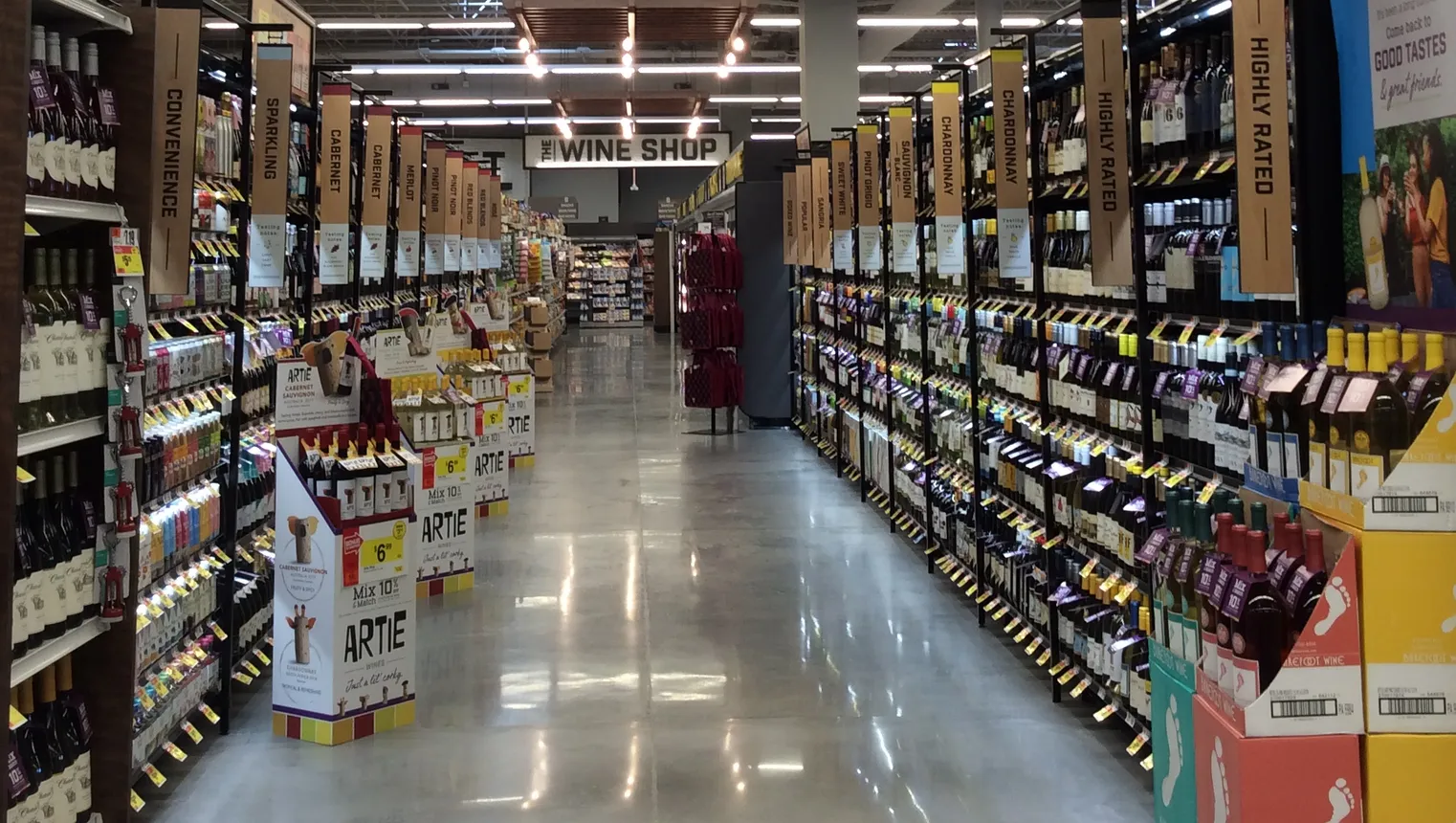
The research echoes findings from previous FMI research that allowing wine sales in food stores leads to job creation, increased government revenues and greater consumer choice.
FMI’s new report noted that the U.S. wine market has seen rapid growth over the past two decades and that wine consumption — both at home and away from home — has risen steadily, increasing by 38% between 2010 and 2021. Retail wine sales, with the exception of 2020, have also bloomed in recent years.
Given that alcohol retail laws vary state by state, grocers have faced limitations or prohibitions on tapping into wine sales in several states. As of June 2022, 11 states prohibited wine sales at grocery stores, according to FMI.
“This research demonstrates that state governments can be confident that allowing wine sales in grocery will not harm the liquor store sector, will bring additional revenues to state coffers, and will provide shoppers with greater choice,” FMI Vice President of State Government Relations Elizabeth Tansing said in a statement.



